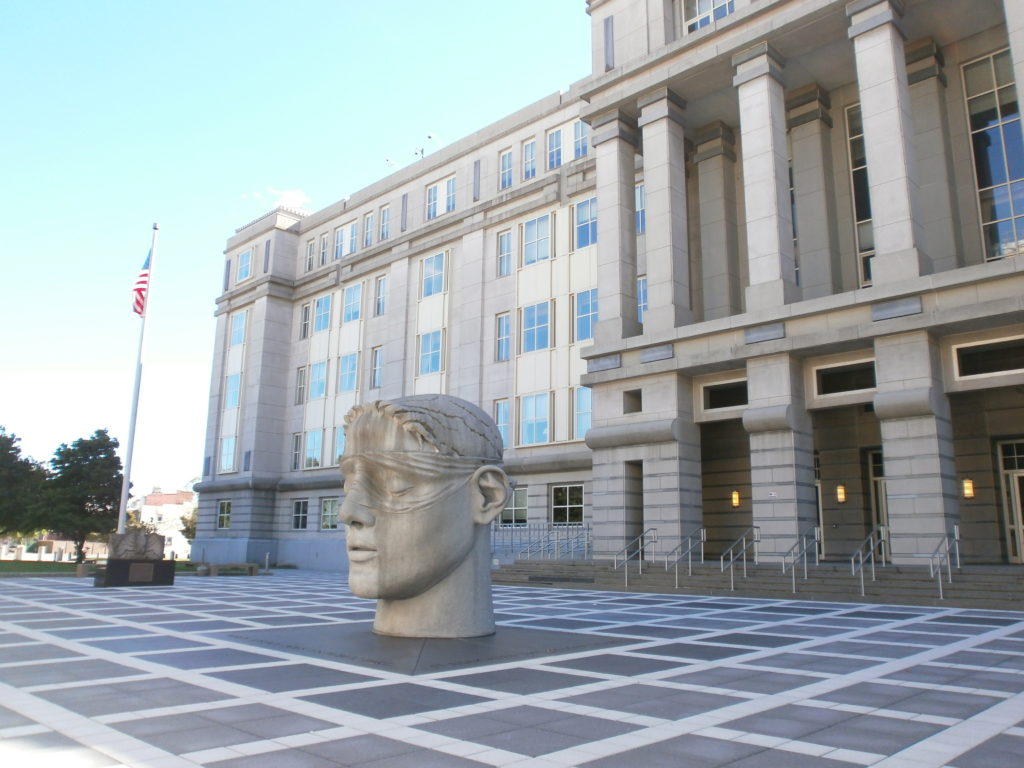NEW JERSEY NURSE ADMITS ROLE IN MULTIMILLION-DOLLAR COMPOUNDING FRAUD SCHEME

NEW JERSEY NURSE ADMITS ROLE IN MULTIMILLION-DOLLAR COMPOUNDING FRAUD SCHEME
NEWARK, N.J. – A New Jersey nurse today admitted her role in a multimillion-dollar compounding fraud scheme, Acting U.S. Attorney Rachael A. Honig announced.
Jennifer Nash, 51, of River Vale, New Jersey, pleaded guilty by videoconference before U.S. District Judge John Michael Vazquez to an information charging her with conspiracy to commit health care fraud.
According to documents filed in this case and statements made in court:
Beginning in 2015, Nash was recruited by two individuals who owned a pharmaceutical marketing company to write prescriptions for customized drugs known as “compounded medications” in exchange for payment. Not only did Nash write these prescriptions regardless of whether a health insurance plan beneficiary needed such a medication, she also wrote them even though her Advance Practice Nurse license was inactive or suspended. On other occasions, Nash wrote prescriptions for compounded medications, in exchange for cash payments, without meeting with or examining patients.
In addition to authorizing these medically unnecessary prescriptions, Nash served as a sales representative. She collected large commission payments in exchange for marketing these compounded medications without regard to whether a beneficiary needed such a medication or whether an FDA-approved medication would have been appropriate and sufficient.
Compounded medications are specialty medications mixed by a pharmacist to meet the specific medical needs of an individual patient. Although compounded drugs are not approved by the Food and Drug Administration (FDA), they are properly prescribed when a medical professional determines that an FDA-approved medication does not meet the health needs of a particular patient. For example, compounded drugs may be appropriate for a patient who is allergic to a dye or other ingredient or a patient who cannot consume a medication by traditional means, such as an elderly patient or child who needs the medication in a liquid form instead of an FDA-approved pill.
The conspiracy count to which Nash pleaded guilty carries a maximum penalty of 10 years in prison and a fine of $250,000 fine, or twice the gain or loss from the offense, whichever is greater. Sentencing is scheduled for July 6, 2021.
Acting U.S. Attorney Honig credited special agents and of the FBI, under the direction of Special Agent in Charge George M. Crouch Jr. in Newark, and Defense Criminal Investigative Service, under the direction of Special Agent in Charge Patrick J. Hegarty, with the investigation leading to today’s guilty plea.
The government is represented by Assistant U.S. Attorneys Osmar J. Benvenuto and José R. Almonte of the Health Care Fraud Unit in Newark.
21-069
Counsel: Dennis Carletta Esq., Cedar Grove, New Jersey







